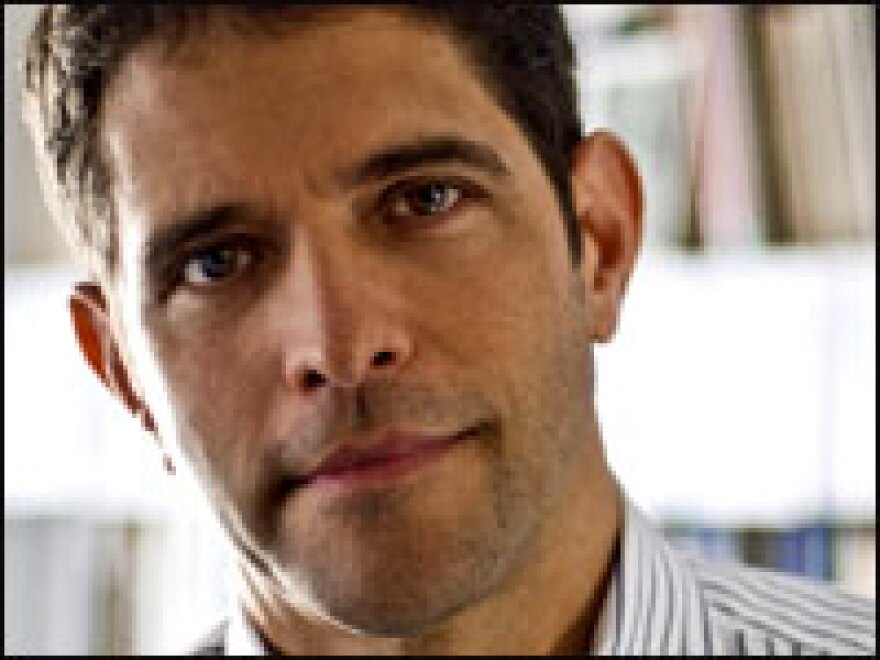Reading about a favorite writer is risky. No matter how diligently the reader tries to compartmentalize, disappointing revelations threaten to infect the very books that inspired curiosity about an author in the first place. Still, I love secrets, and biographies of my literary heroes are hard to resist. Thus did I succumb to temptation with Brad Gooch's Flannery: A Life of Flannery O'Connor, a chronicle of the brief life of one of this country's finest short-story writers. In its painstaking honesty, the book is both a great gift and a curse to O'Connor's fans.
Now known as the preeminent writer of "Southern gothic" fiction, O'Connor had little patience for that kind of classification. Born to an Irish Catholic family, she grew up in Georgia, where evangelical Protestantism reigned, and her particular brand of faith was drenched with the fervor and apocalyptic dread that is still so prevalent throughout the South. Apart from her passionate belief in God, however, O'Connor had little in common with the neighbors and was always a bit of a curiosity.
Gooch tenders a sensitive and nuanced examination of her misfit status. While O'Connor's family learned early on to be wary of her satiric portraits, it took the folks next door much longer. Her complete unwillingness to perform the role of genteel Southern lady became clear to them only after she'd studied writing in Iowa, sequestered herself at Yaddo, struck out on her own in New York City, been forced home by illness and begun to publish in earnest. Some locals, writes Gooch, "circulated Wise Blood among themselves in brown paper bags, and one ... boasted that she burned her copy in the backyard."
When O'Connor first devoted herself seriously to the craft of writing, she despaired for her soul. Eventually she decided that her stories were not antithetical to her faith, but a kind of expression of it. And as she struggled against lupus, the painful and debilitating disease that had taken her father and ultimately killed O'Connor herself before she reached her 40th year, she found solace in the church, writing, philosophy — mostly Catholic — and friends.
Yet even in Gooch's sympathetic rendering, O'Connor's zeal, sanctimony and intolerance are sometimes suffocating. When Betty Hester, a pen pal who was joining the church under the writer's guidance, admitted to being kicked out of the Army for a lesbian affair, O'Connor responded in classic "love the sinner, hate the sin" fashion. Worse, she actively goaded another friend, deeply committed to the civil rights movement, with racist jokes. Not only did O'Connor tell the jokes, she apparently relished them, saving them up and spinning them out in a series of letters that have never been published. That she was (at times grudgingly) in favor of equality herself doesn't lessen the blow of this disclosure.
Of her most famous story, "Good Country People," in which a young woman with a Ph.D. has her wooden leg stolen by a salesman she's tried to seduce, O'Connor once said: "That is a story that produces a shock for the reader, and I think one reason is that it produced a shock for the writer." As Flannery progresses, Gooch subtly suggests that, had she lived, O'Connor would have continued not only to surprise her readers with her fiction but to shock — and maybe even transform — herself. Given her suspicion of humanist perspectives, this strikes me as wishful thinking. O'Connor emerges in this biography a figure as complex and flawed as her own characters, a comparison I suspect she would have resisted even as she knew, deep down, it was apt.
Copyright 2023 NPR. To see more, visit https://www.npr.org.



